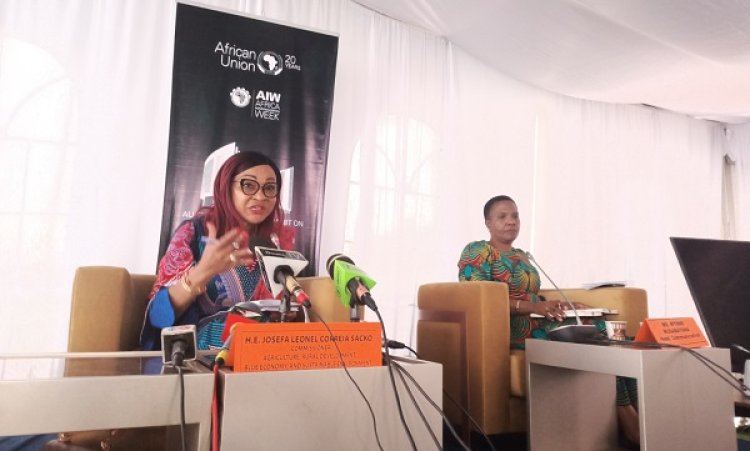Schools in Rwanda now have leeway to determine parents’ contribution to the school feeding program under a new legislation published ahead of reopening of academies for the second term this Monday, January 9, 2023.
Over 2.5 million learners at all levels of primary education were added to the school meal program last year when government expanded school feeding in drive to improve education quality, tackle dropout rates and malnutrition.
Thousands more learners in general, professional, technical and vocational basic education schools across Rwanda also get day meals at respective education institutions.
While educationists hailed the program, a number of public and government-aided schools struggled to efficiently implement it amid rising inflation, insufficient State allocation and restrictions on fees increment.
Also read: Uniform school fees good for the poor
School managers now hope that the new ministerial order determining benefits for learners, which was published in the official gazette this week could ease pressure on academies.
Cap on fee hike
The new legislation indicates that going forward both government and parents’ contribution to the school meal programme will take into consideration market prices for food products, alongside parents’ capacity.
Those without contribution in cash can contribute foodstuffs.
Respective schools’ general assemblies will determine parents’ share based on the maximum amount determined by the Government, which the latter will supplement using the budget.
Another chunk of the needed supplies can come from agricultural and livestock production at school facility, or from funds or other subsidies from partners at District or national level.
Study loan obligations and interest
The ministerial order also tackles matters related to tertiary study loan and bursary schemes which continue to reel from financial issues arising from non-recovery of multi-billion franc outstanding loans, issues that threaten both sustainability and ability of the schemes to sponsor new students if unchecked.
Details of the new legislation state that study loan beneficiaries at higher learning institutions in the country and abroad have obligations to notify the financial institution mandated by the government to manage study loan and bursaries that they are employed, and go ahead to start repayment.
Also read: BACK TO SCHOOL: Parents, inflation and the fees dilemma
Failure to do so by the loan beneficiary, or by employer to declare the appointment of the former, amounts to a fault and is liable to an administrative fine of 10 per cent of the due amount.
The law also compels study loan beneficiaries to inform, in writing, the financial institution of their address, telephone number, e-mail, modalities of repayment where applicable, and any other necessary information, within two years from the completion.
Interest on study loan is calculated only once on the total loan amount received, states the ministerial order.
It has been set at 11 per cent for undergraduate students, and 12 per cent for graduate and postgraduate students.







